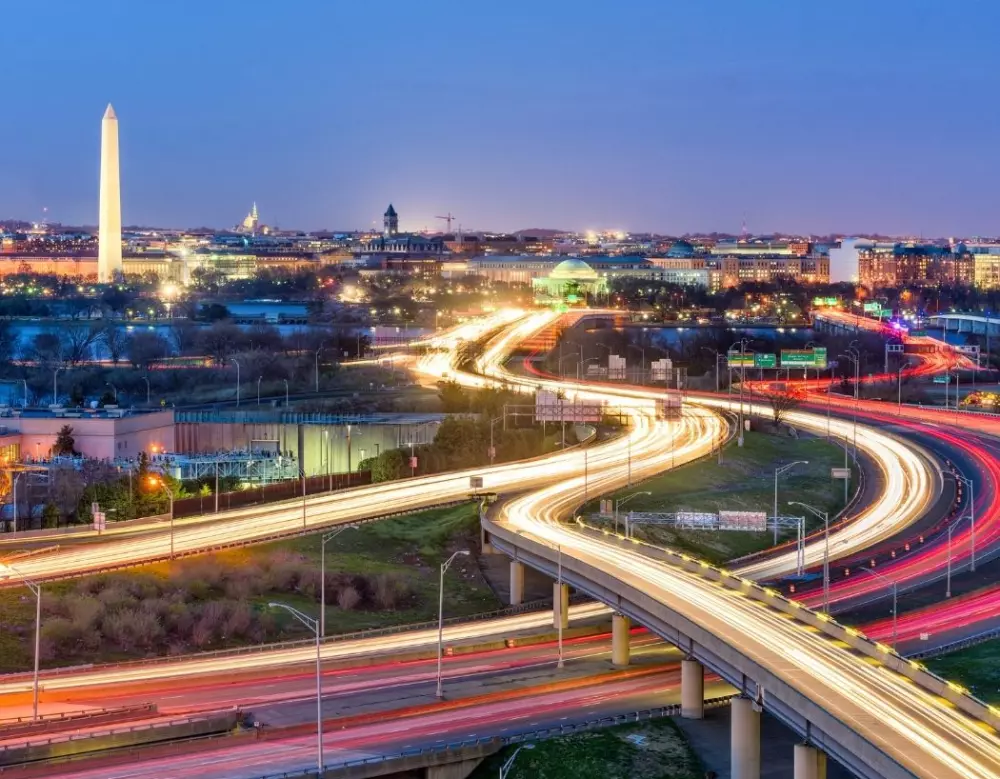It's been six years since DC voters successfully passed Initiative 71 in 2014. With the passage of that ballot initiative, the nation’s capital joined the growing number of states and U.S. territories to legalize recreational marijuana use. The law went into effect February 26, 2015. As in so many other states that have legalized cannabis, local advocates like the DC Cannabis Campaign (now known as DCMJ) led the charge in DC. The DC Cannabis Campaign lobbied for legalization for reasons related to the economy, individual rights and criminal justice. DC residents voted overwhelmingly to approve Initiative 71 with 70 percent of the vote when it appeared on the 2014 election ballot.
Racial Disparity in Policing of Cannabis
Since Initiative 71 passed, advocates have been pushing to overturn convictions for offenders of non-violent marijuana-related offenses. The strong push for legalization came in large part from a clear disparity in how marijuana possession laws were enforced among racial groups. According to the FBI’s Uniform Crime Reporting Program Data, African Americans were 4-8 times more likely to be arrested for marijuana possession in DC. However, despite a progressive history of cannabis-related policy, DC’s marijuana laws still restrict legalization with stringent conditions. Although the recreational use of marijuana has been legal since 2015, any sale of cannabis remains prohibited. Users must be 21 years of age or older and have no more than two ounces of marijuana in their possession at any time. No more than six plants can be cultivated on a private property at one time, and cannabis use remains legal only on private property. Users cannot operate a motor vehicle while under the influence of marijuana, and using or consuming marijuana in any public place remains against the law.
The District vs. the Federal Government
DC’s push for cannabis legalization is up against the federal status of cannabis. Marijuana is still illegal at the federal level, listed as a Schedule I Drug (and considered more dangerous than cocaine or meth). Considering DC is made up of nearly 30 percent of federal property, marijuana users in the nation’s Capital may find themselves in a quandary concerning how they may be penalized for using cannabis. In fact, following the 2014 vote to legalize recreational marijuana use in DC, members of Congress organized to forbid DC lawmakers from creating any regulatory system for the sale or taxation of cannabis, meaning that it cannot be bought or sold within the District. This legislative contrast shows that the federal government still has the upper hand as advocates continue to push for nationwide legalization.
New Policies Needed
The Washington Post reports that DC police are still more likely to arrest Black people for marijuana-related offenses, despite the fact that cannabis has been legal in DC for nearly five years. While District leaders are currently pushing for consideration of laws that will allow for the sale and taxation of cannabis, the question remains if and how lawmakers will address convictions for non-violent cannabis offenses. DC’s residents are representative of the tremendous population of cannabis users across the country. We are setting the stage for a new wave of fair and just marijuana-related policies that are soon to come.
